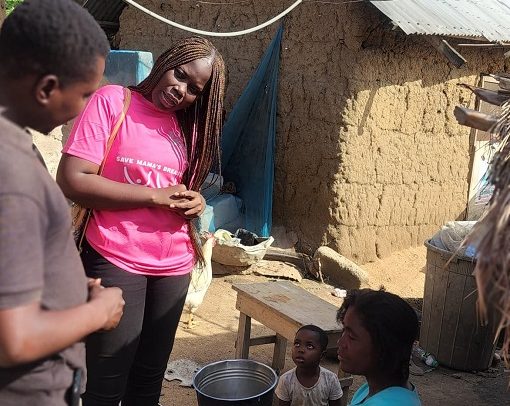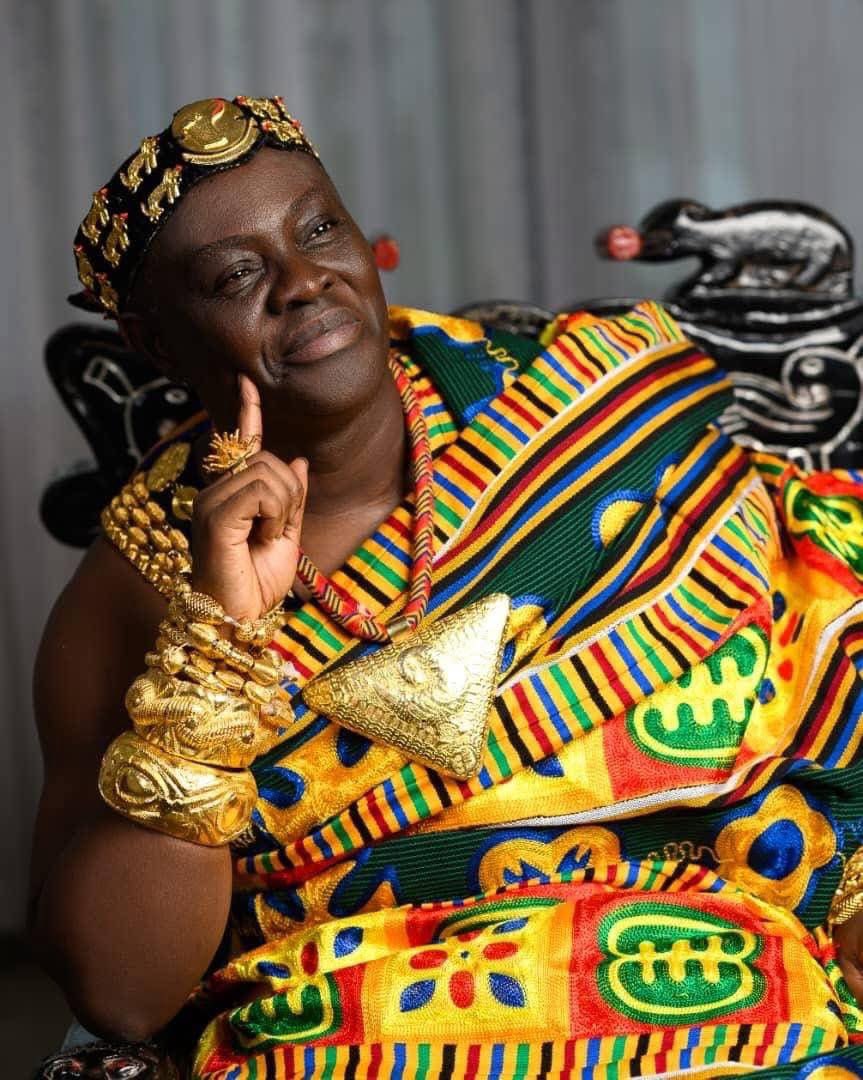By: Emmanuel Amoah
Breast cancer advocate and journalist, Ms. Raissa Sambou, has called for men to be actively involved in breast cancer awareness campaigns, stressing that the disease affects men too and their inclusion in discussions is crucial.
As part of her ongoing door-to-door awareness campaign, Ms. Sambou has been educating rural communities about breast cancer, targeting both men and women who often lack access to vital healthcare information and treatment.
A breast cancer survivor herself, Ms. Sambou highlighted that her campaign is primarily focused on early detection and prevention, especially in underserved areas.
“Prevention is always better than cure, particularly with breast cancer,” she emphasized. “Early diagnosis significantly improves survival rates and reduces the need for aggressive treatments like chemotherapy and surgery.”

Ms. Sambou also raised concerns about the broader impact of breast cancer on families, especially children, and the vital role that parents’ health plays in ensuring child protection.
Her initiative, titled “The Raissa Child Protection Initiative,” aims to empower parents to take care of themselves so that they can better care for their children. “When parents are unwell, they cannot properly care for their children,” she noted, stressing that health is a critical aspect of child welfare.
The campaign, which began in Tomefa, a fishing community in the Ga South Municipality, also seeks to combat the fear and stigma that often surround breast cancer in rural areas, where misconceptions can hinder early detection and treatment.
Ms. Sambou plans to extend her outreach to parts of the Eastern and Central regions, aiming to raise awareness and save lives in areas where healthcare access remains limited.
She also underscored the importance of adopting a preventive approach to managing chronic health issues, especially considering the limited resources available in many of the country’s healthcare facilities.
Healthcare Gaps
Ms. Sambou expressed concern over the long distances rural residents often have to travel to access essential medical services such as mammograms and CT scans. This, she explained, results in many cancers going undiagnosed or being diagnosed at late stages, which severely impacts treatment outcomes.
She also lamented the shortage of cancer treatment facilities, even for those who manage to secure early diagnoses. At Korle Bu Teaching Hospital, the country’s largest referral center, only two radiotherapy machines are available for hundreds of patients, leading to long delays in treatment.
“My campaign goes beyond raising awareness. It is also about advocating for improved healthcare infrastructure, especially in rural communities, so that early detection can lead to timely and effective treatment,” Ms. Sambou concluded.






